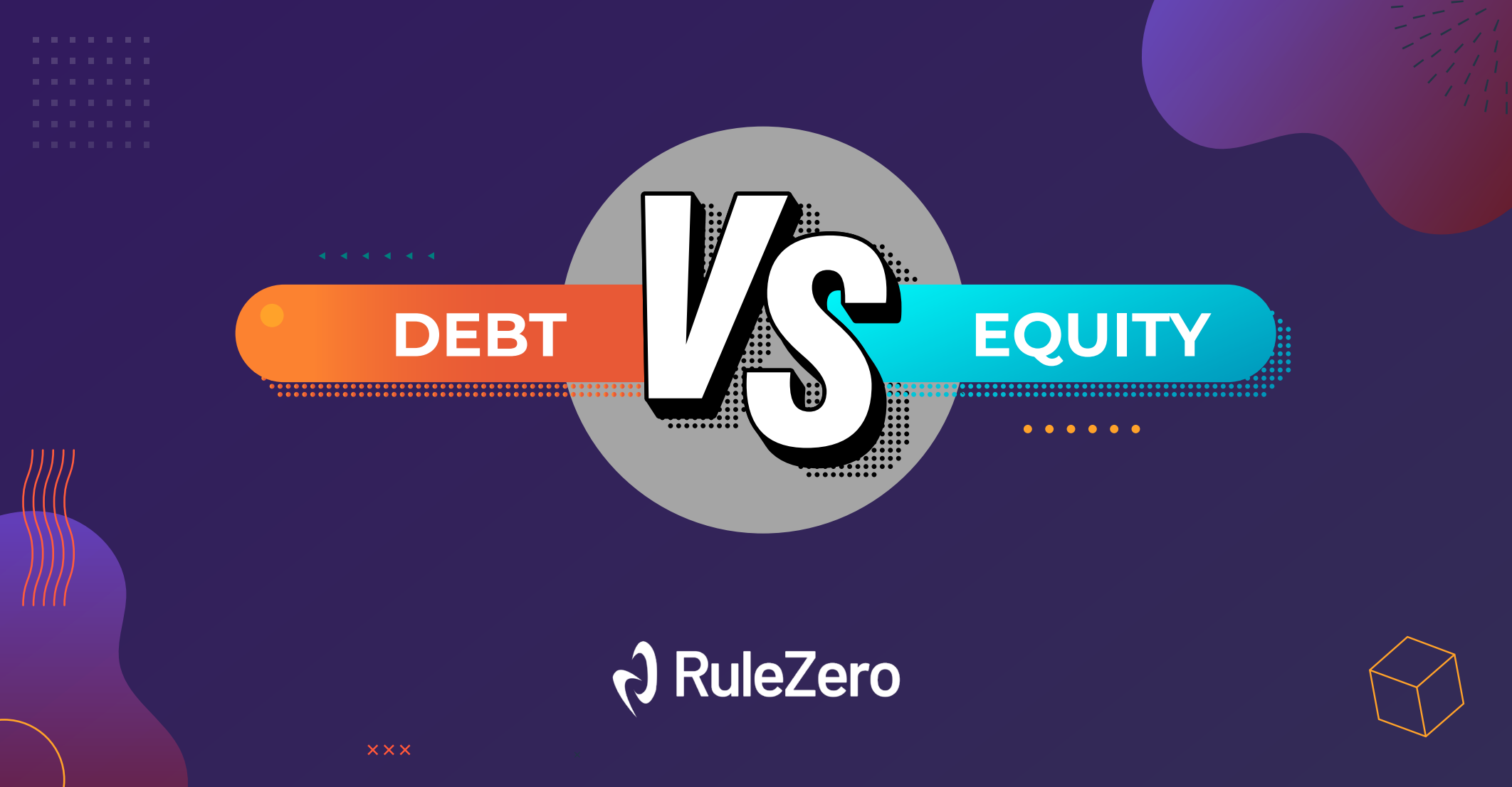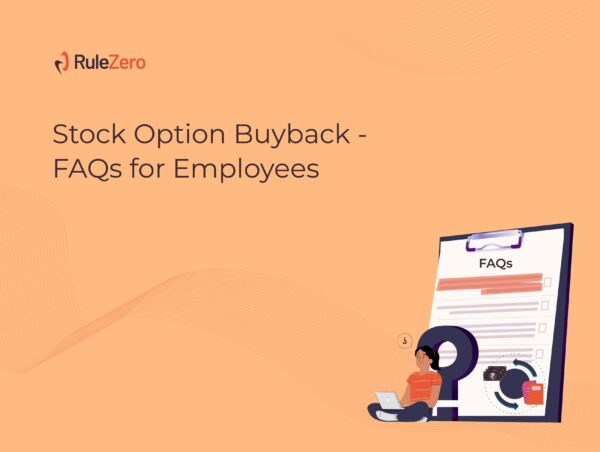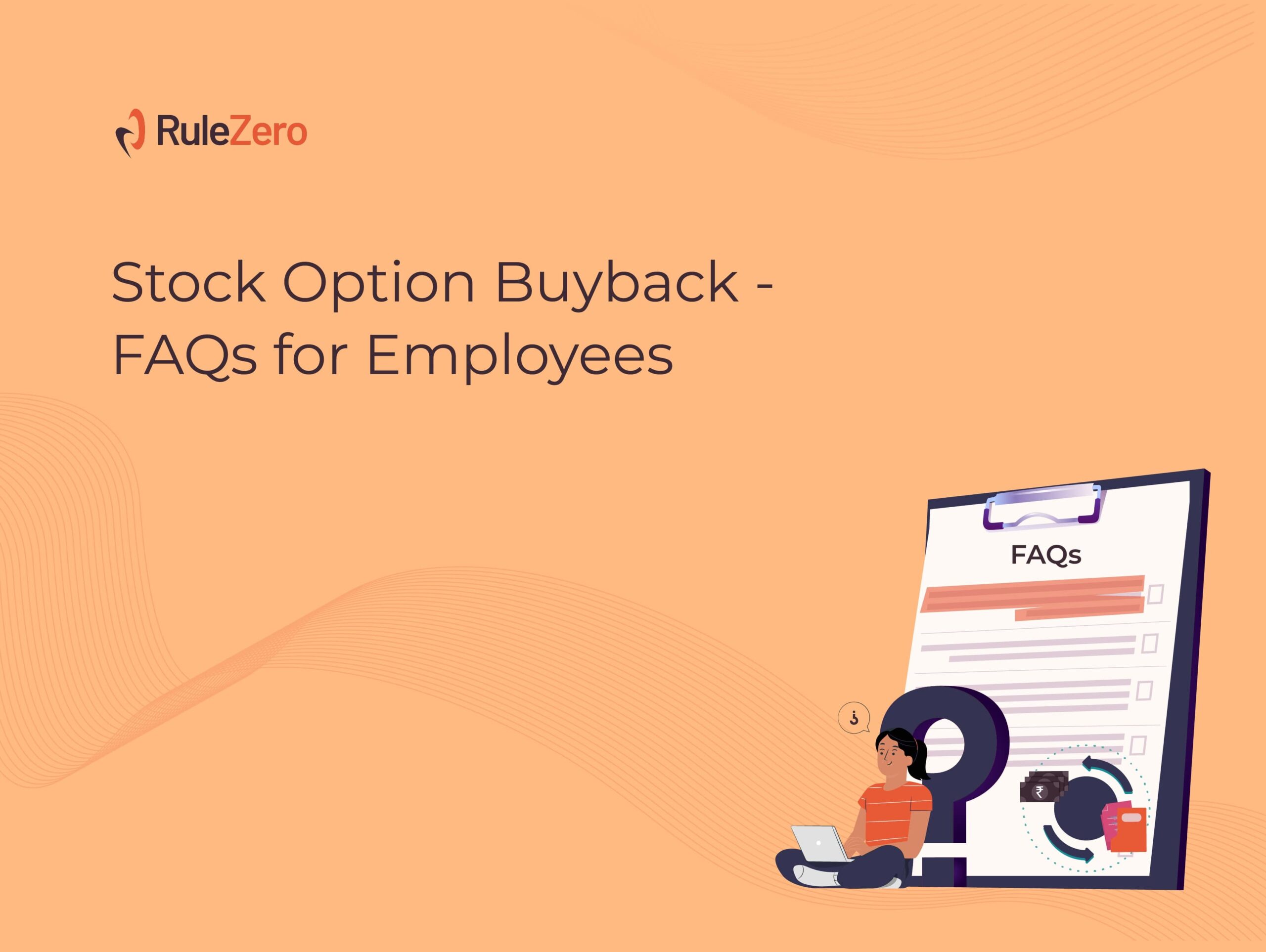With reports of Indian startups raising funds in the news almost every other day, terms such as investments, funding rounds, ROI, private equity, venture capital, etc., have caught on. There is also greater media coverage on these topics now. A fundamental question, that perhaps every entrepreneur asks themselves, to which news reports don’t have ready answers, is how to raise capital for their startup. That funds (or capital) can be raised primarily in two ways – through debt or equity – is well known. But which option works best for a new company in the early stages of growth, and which investors prefer is a less facile to answer. In this article, we try to analyse this, by comparing the costs and benefits of raising money through debt and through equity, from the perspectives of both startup companies and investors.
How do companies and investors look at debt and equity financing?
Companies and investors look at their options from different lenses. Investors are more likely to consider, ‘What am I getting?’ whereas companies’ approach is to be mindful of ‘What am I giving up?’
While companies seek to reduce the cost of capital, investors aim to get the maximum returns on the funds they invest. So, how do companies and investors decide and negotiate the right kind of financing that’s beneficial to both?
What debt and equity mean for companies?
Debt
Debt is nothing but borrowing, often from banks, but also from other individual and institutional lenders. One of the biggest advantages of debt financing is that the company knows exactly how much money needs to be paid back and by when. This gives the company time to plan and prepare.
Debt is also great for a company’s cap table. Since no new shares are issued, there’s no dilution of ownership of existing shareholders. Additionally, debtors neither have voting rights, nor any say in the managerial affairs of the company. Debtors are not eligible to receive any share in the profits of the company either.
However, since debt comes with an expiration date and the borrowed money needs to be paid back with interest, for companies with limited cash flow, few assets, or uncertain revenues, such as startups, it’s a struggle to not only find lenders, but also meet repayment obligations, if they have managed to raise funds through debt.
This is why debt financing is more common in companies that have a strong inflow of revenue.
Equity
Equity financing is raising funds in exchange for ownership stake in the company. Since equity shareholders are the owners of the company, they have a right to receive a share in the profits, called dividend. Dividend is subject to tax and is a cost to the company, unlike debt, where interest on the loan is tax deductible.
But with equity financing, there is no obligation to return capital, especially if there’s no profit, and this becomes a key advantage for startup companies in terms of keeping their costs low.
One of most important sources for equity financing these days is private equity. Companies approach seed investors, angel investors, or venture capitalists who are willing to take risks. Since the earnings on equity is directly proportional to the growth in value of the company, private equity investors not only provide financial help but also mentor the company, providing networking facilities, access to customers, developing partnerships with others in the startup ecosystem.
A major disadvantage though is dilution in shareholding. As more shares are issued to third party financial investors, existing shareholders do lose a portion their stake, but this can be offset by choosing the right investors who contribute to the company’s growth, and add value to everyone’s shareholding.
Since equity shareholders have voting rights, companies have to seek their affirmative votes on several matters that are likely to affect business and operations, such as – (i) mergers, demergers, amalgamations, consolidations; (ii) acquisition of other businesses by way of purchase of shares, business transfer, asset purchase; (iii) creation of joint ventures or partnerships, creation of a subsidiary; (iv) any strategic, financial or other alliance with a third party which results in investments by the company;(v) approval of any business plan or annual plan;(vi) changes in terms relating to vesting of founders, and so on. Companies also have to regularly update the shareholders on various developments through shareholders’ meetings.
Venture capitalists may also seek a seat on the company’s board, in which case they also reserve the right to vote on various decisions concerning the company.
What investors get from debt and equity
- Debt – Creditors earn interest on the loans they extend. If the debt is secured by an underlying asset of the debtor (company), then creditors’ risk is relatively low. This does not however mean that debt can’t turn bad. If the company has limited assets, which cannot be sold to pay off the amount borrowed, with interest, or the company loses a major revenue stream and cannot service the debt regularly, then creditors will be at a loss. Hence, investors avoid investing in debt securities (especially the non-convertible variety) of startup companies that are yet to find their feet in the market.
- Equity – Equity paves the way for investors to become owners of the company. With equity ownership, they gain right to receive dividends, cast votes on major decisions, and take part in the decision making of the management. The shareholders also have the advantage of receiving bonus shares and additional shares during a rights issue.
A real disadvantage however is that equity shareholders are at the bottom of the capital chain, which means they run the risk of not receiving any return on their capital in a liquidation situation – in fact they may not even get their capital back. Of course, there’s also the possibility of dilution when the company raises funds in an another equity round, if current shareholders decide not to invest additional money.










